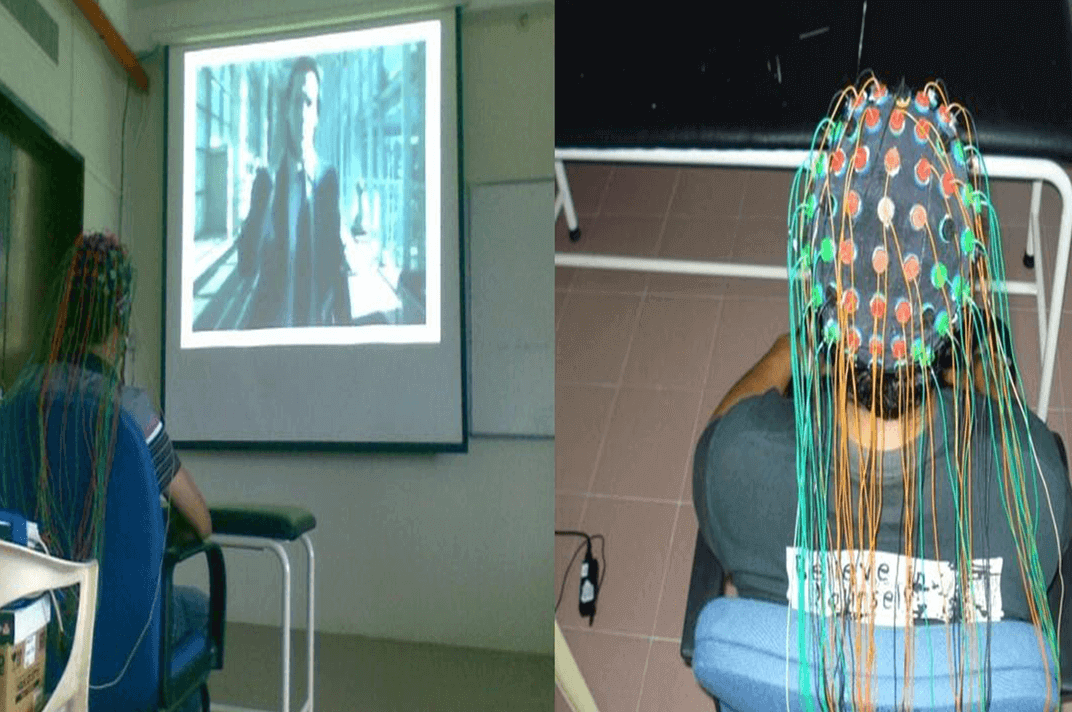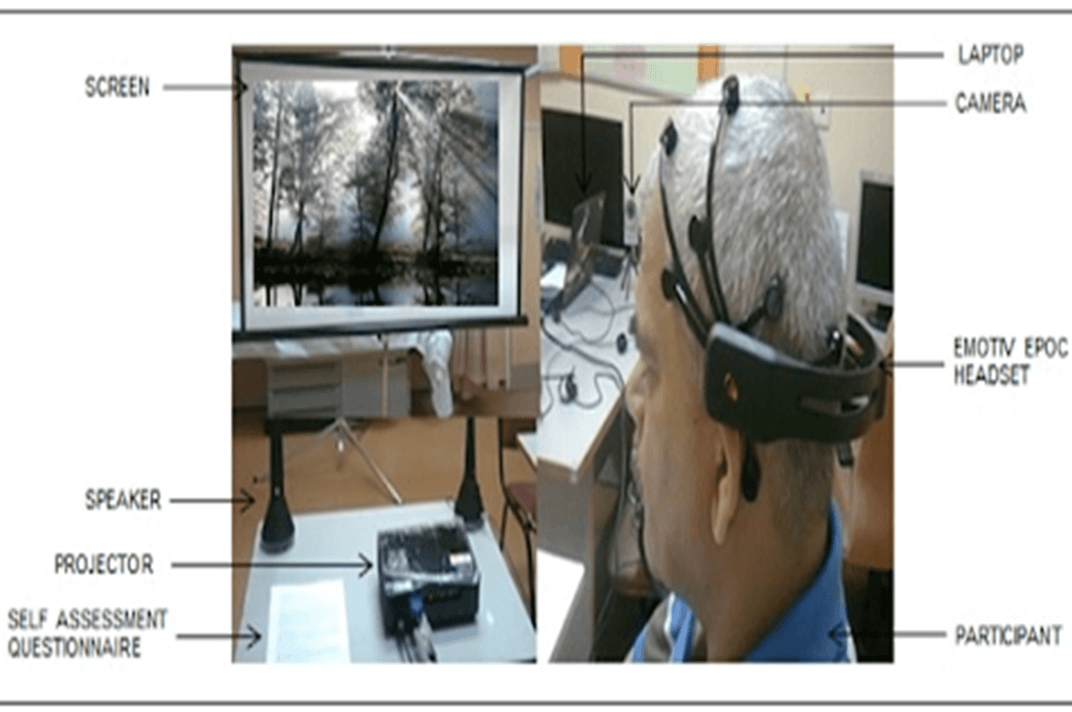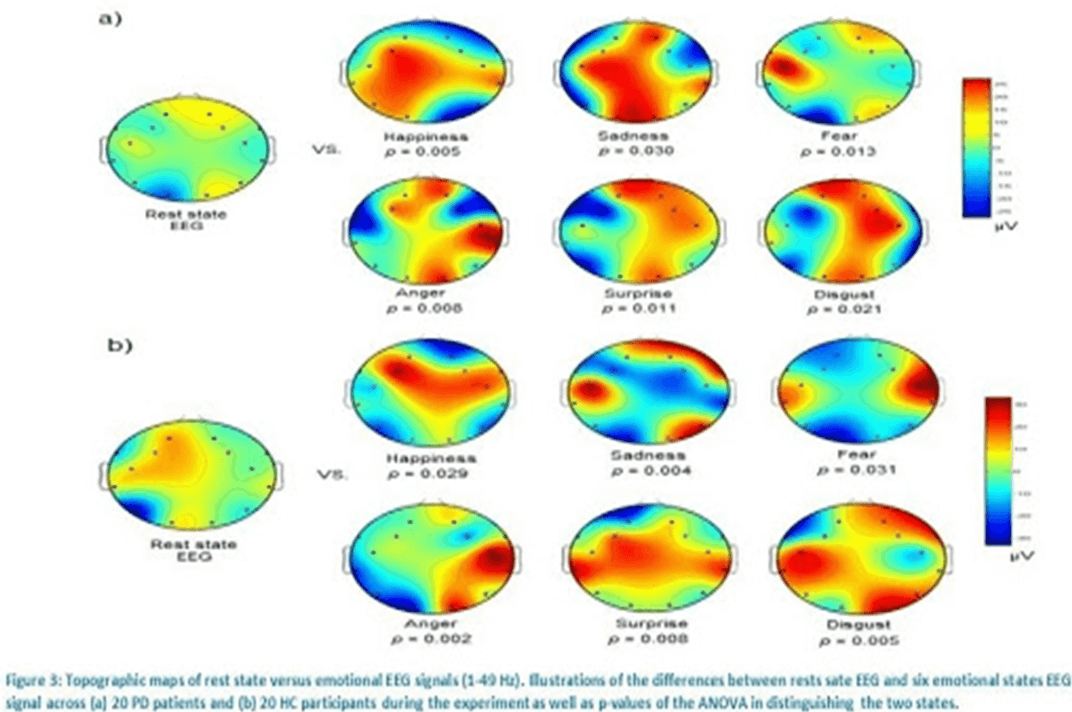

DR. M. Murugappan

Funded By: - Kuwait Foundation for Advancement of Science (KFAS)

Funding Amount: - KD 9,600
Year: - 2019
Summary: -Parkinson's disease (PD) is a neurodegenerative disorder that affects nearly 6 million of the population around the world. Emotional impairment in PD is mainly due to the loss of dopamine chemicals in the Basal Ganglia region in the brain. The loss of dopamine severely affects the brain motor functions such as human postures, emotion, and cognitive processing. As such, the patients are not able to identify and express their appropriate internal feelings to the clinicians for effective treatment and to improve their social life. Hence, to be successful with remedial treatment towards emotional impairment for PD is a challenging issue. In this project, we use our own EEG database, which is collected using a 14-channel wireless EEG system for six different emotions (happiness, anger, fear, disgust, sadness, and surprise) in PD and Normal Control (NC). Our goal is to develop an automated clinical diagnosis tool for identifying emotional impairment in PD using nonlinear signal processing and machine learning methods. We use different statistical methods to study the clinical behavior of PD compared to NC and characteristics of nonlinear features extracted from EEG signals in distinguishing emotions. Besides, we are interested in investigating the brain functional connectivity patterns in PD over different emotions using nonlinear methods to analyze, (i) the direction of information flow between different regions of the brain, and (ii) strength of the connection between different regions in emotion conduction. The experimental results indicate that a nonlinear feature from the gamma frequency range (30 – 49 Hz) of EEGs achieved a maximum mean classification rate of 96.07% and 94.32% for NC and PD, respectively using Support Vector Machine (SVM) classifier with Radial Basis Function (RBF) kernel. We are also working on developing a deep learning model for emotional impairment detection in PD using Convolutional Neural Network (CNN) and Long Short-Term Memory (LSTM).

EEG data acquisition setup in emotional impairment detection in PD
